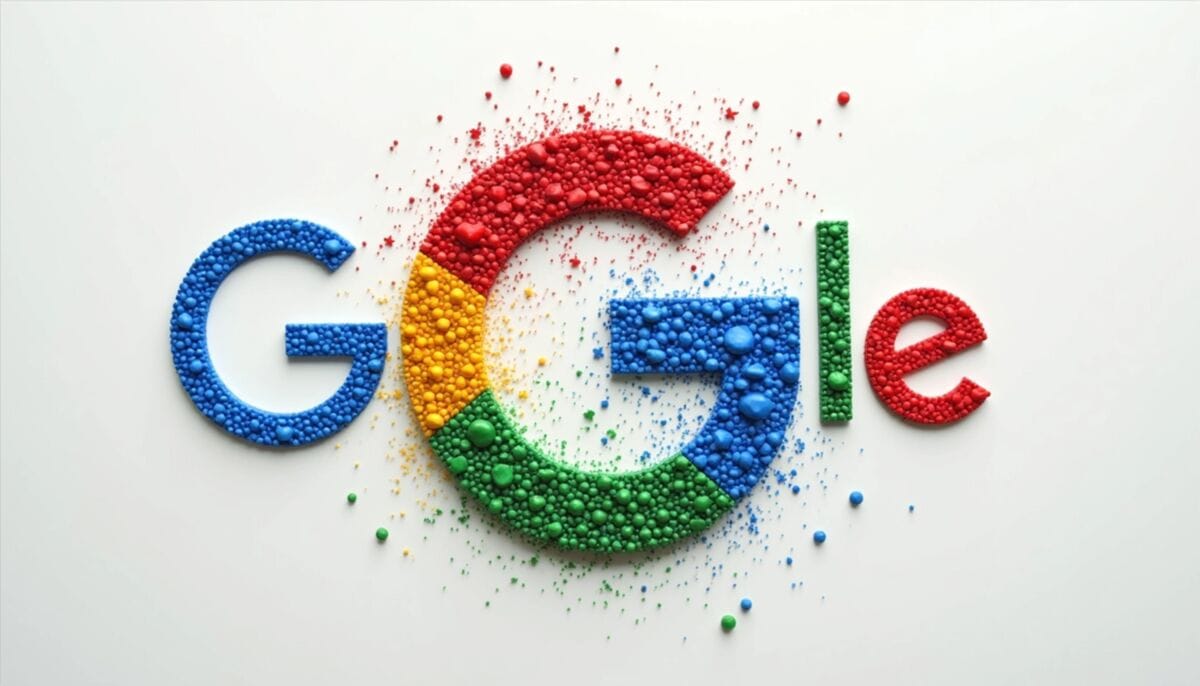Federal District Judge Amit Mehta just delivered a ruling that feels more like a ceasefire than a knockout blow. Google will keep its crown jewels—Chrome and Android—yet faces new guardrails designed to pry open the market. It’s a verdict that acknowledges Google’s deep integration in our daily digital lives but still tries to carve out breathing room for competitors.
Is this really enough?
When Break-Up Was on the Table
The Justice Department initially pressed hard, demanding Google spin off Chrome outright. They argued that Google’s habit of embedding its search engine as the unquestioned default on phones and browsers chokes off rivals before they even get started. But Mehta wasn’t convinced a sell-off makes sense. After all, Chrome and Android interlock so tightly that removing one could wreck both systems—and frustrate billions of users.
“Break-up would be a poor fit,” Mehta wrote. He’s right to worry that a blunt-force remedy might do more harm than good.
Opening the Gates Without Dismantling the Castle
Instead of handing over the keys, the court opted for targeted measures. Google can’t use exclusive contracts to lock out competitors anymore. In practice, here’s what changes:
- Phone makers such as Apple, Samsung, Moto, and others are free to pre-load alternative search engines, browsers, or AI assistants alongside Google’s.
- Annual renegotiation of default-search payments ensures these deals don’t become permanent barriers for startups.
- Google must share certain data with rivals—though exactly how much remains a bit fuzzy, awaiting further court guidance.
Frankly, I find the setup intriguing. It’s like giving a party full of VIPs some guest passes for new faces—better late than never, right?
Winners, Losers, and the In-Between
There are clear beneficiaries. Apple and Mozilla, which together earned over $26 billion from Google in 2021 alone for exclusive placement, should see fresh negotiation leverage. Smaller search engines might finally get a foot in the door.
But let’s not kid ourselves: Google still flexes enormous muscle. Shares in Alphabet jumped 8 percent after the ruling, cheering investors who feared a “draconian” breakup. And yes, Google can keep paying to stay pre-loaded—so deep-pocketed rivals will still dominate shelf space.
Meanwhile, consumer advocates like DuckDuckGo’s Gabriel Weinberg are unimpressed, calling the measures too tepid to curb anticompetitive behavior. They worry everyday users will gain little from this middle-ground ruling.
A Moving Target
In the longer run, neither side walks away fully happy. Google contends the decision “recognizes how much the industry has changed through the advent of AI.” They insist that innovation, not coercion, wins mindshare. Critics, however, see this as yet another half-step that delays real competition.
I can’t help but empathize with both camps. On one hand, preserving Chrome’s and Android’s usability seems sensible—nobody wants a fragmented Web experience. On the other, if Google’s dominance isn’t truly checked, smaller players will remain perpetually on the back foot.
What’s Next?
Court watchers know this saga isn’t over. Google faces another trial soon, this time over alleged monopolies in online ad tech. Expect fresh challenges, shifting arguments, and perhaps more nuanced remedies that go beyond just swapping default settings.
Whether you cheer this ruling as a clever compromise or lament it as a faint antitrust slap on the wrist, one thing’s for sure: the tech landscape will keep evolving, and we’ll all be watching closely.
What do you think? Will sharing data unlock real choice, or is Google’s grip too tight to loosen? Drop your thoughts in the comments below, and follow us on Facebook, X (Twitter), or LinkedIn for more insights.
What’s driving PPC keyword costs in 2025? Real trends, smart fixes & what to pay.
Sources:
- https://www.bbc.com/news/articles/cp8zdrenm1zo



Enterprise SEO 2026: 5 AI Trends That Will Define Your Strategy
The 2025 SEO Shakeup: What Actually Worked (and What Didn’t)